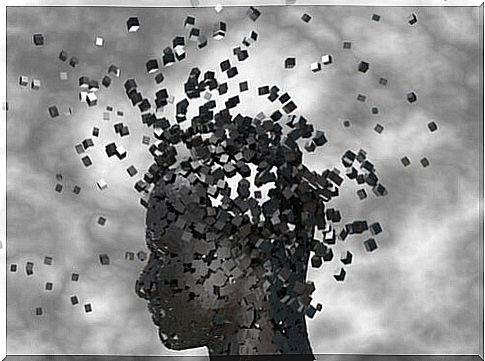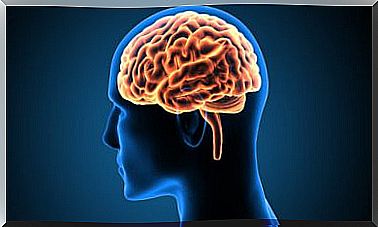“The Brain Can Make Us Sick,” Says Suzanne O’Sullivan

Dr. Suzanne O’Sullivan is a famous neurologist, author of the book Everything is in your head. In that work, he insists on an idea: “The brain can make us sick.” It refers to the unknown world of psychosomatic illness.
Psychosomatic illnesses have been known for a long time, but even in the 21st century they continue to raise questions and arouse much misunderstanding. Many think of them as simulations. They are not aware that, as O’Sullivan points out, “The brain can make us sick.”
Psychosomatic illnesses are not false illnesses. What happens is that your symptoms are triggered by mental reasons.
Therefore, a psychosomatic leg pain is totally real, what happens is that the problem is not in the legs. Whoever suffers it, suffers it, just as if there were damage to the limb. What happens is that it is not due to a physical reason, but to a psychic condition. Hence we affirm that “The brain can make us sick.”

The psychosomatic
O’Sullivan remembers that all emotions generate physical changes. As an example he puts what we can feel in the presence of a loved one: “butterflies in the stomach”. It is a physical sensation originating from feelings and emotions. The same happens when, for example, we speak in public. The heart beats stronger and the legs tremble.
In those examples, no one questions that connection between emotions and physical manifestations. On the other hand, when it comes to psychosomatic illness, problems appear. Many think that fear can cause a tremor in the legs, but they refuse to recognize that this same fear, in certain circumstances, causes more serious symptoms.
It is a contradiction that many doctors also fall into. There is a strong tradition that leads to separate the mind from the body and to consider the phenomena of the mind as “fictions”, and the physical phenomena as “real”. If the two areas were separated, we would not feel “butterflies in the stomach”, or chills, when faced with highly emotionally charged situations.
“The brain can make us sick”
For Suzanne O’Sullivan herself, it was quite a surprise to see that “the brain can make us sick.” At the beginning of her medical practice as a neurologist, she received patients with severe symptoms.
For example, he had many patients who had epileptic seizures. However, upon investigation, he discovered that there was no neurological pattern to explain them.
Many times he wondered if those patients were faking it. In time, he discovered that this was not the case. These people suffered their seizures and epilepsy the same as those in whom it was possible to identify a neurological cause.
This is how he understood that “the brain can make us sick”, that is to say, that sometimes the cause of a symptomatic picture originates in the mind and not in the body. The manifestations of the disease are basically the same, what varies is the origin and, therefore, the recommended intervention protocol.

A widespread problem
O’Sullivan says that many of his patients were disappointed, even upset, when he informed them that his problem was psychosomatic. They asked to have their tests repeated or sought second opinions. In a way, this should have been good news for them, but it wasn’t. In many cases they felt that they were being considered “crazy . “
In this sense, it seems that we are much less skillful when it comes to identifying emotional symptoms, on the other hand we are camouflaging or deriving them. So that discomfort often returns in the form of a physical symptom, which is usually psychosomatic. So, when making the diagnosis, the person would have to acknowledge that which they previously decided to ignore. And many are not prepared for it or are incredulous in the face of this relationship.
There is a study by the World Health Organization (WHO), according to which one in five people has at least six physical symptoms that cannot be explained by an organic affectation. That is, they have psychosomatic problems. Another study indicates that among the patients who are hospitalized, at least 30% correspond to cases of psychosomatic illnesses.
In many cases, the problem remains the reluctance of many patients to accept the diagnosis ; their fear that there is an organic cause that has been overlooked or the motivation to simplify the intervention, placing the responsibility on drugs or surgical interventions, are two of the main constructors of this resistance. On the other hand, this is a problem, since the active collaboration of the patient is necessary to attack that which has been somatized and produces the symptoms.
In any case, the suffering is real, and therefore our duty as a society is to continue investigating, while debunking many of the myths surrounding psychosomatic problems. And it is that yes, “the brain can make us sick.”









